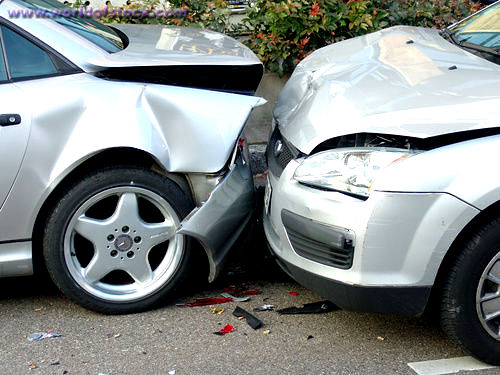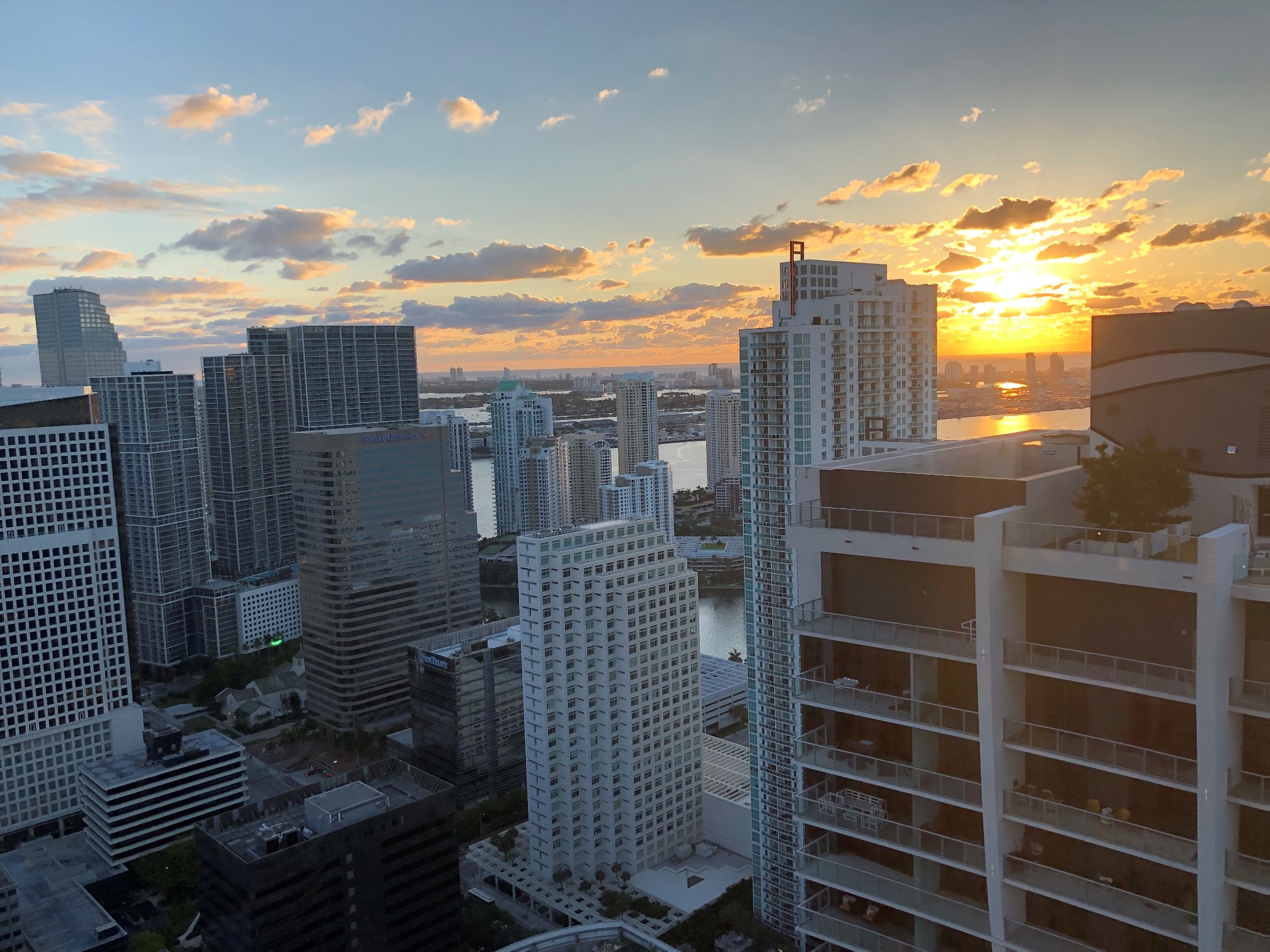Publix Super Markets, Inc., commonly known as Publix, is a beloved grocery store chain with a rich history in Florida. With its numerous locations across the state’s major metropolitan areas, Publix is a familiar destination for millions of Floridians. However, accidents can happen anywhere, including at Publix stores. Whether it’s a slip and fall, a trip and fall, a parking lot mishap, merchandise falling, or injuries caused by shopping carts, knowing what steps to take after being injured in an accident at Publix is essential. In this guide, we’ll outline specific instructions and examples to help you navigate the aftermath of such accidents, along with some historical context on Publix’s presence in Florida and a detailed description of its financials.
Publix in Florida
Publix has deep roots in Florida, dating back to its founding in 1930 by George W. Jenkins in Winter Haven. Over the decades, Publix has grown into one of the largest employee-owned companies in the United States, with a reputation for exceptional customer service and quality products. Today, Publix operates hundreds of stores across Florida, with a strong presence in major metropolitan areas such as Miami, Orlando, Tampa, Jacksonville, and more.
 Miami Personal Injury Attorney Blog
Miami Personal Injury Attorney Blog



 Understanding the types of car accidents in Florida involves recognizing common scenarios and their potential causes. Here’s a condensed overview of the most important aspects that cover 80% of the topic:
Understanding the types of car accidents in Florida involves recognizing common scenarios and their potential causes. Here’s a condensed overview of the most important aspects that cover 80% of the topic: If you need to file a complaint about a homeowners insurance company in Florida, you can follow these steps:
If you need to file a complaint about a homeowners insurance company in Florida, you can follow these steps: